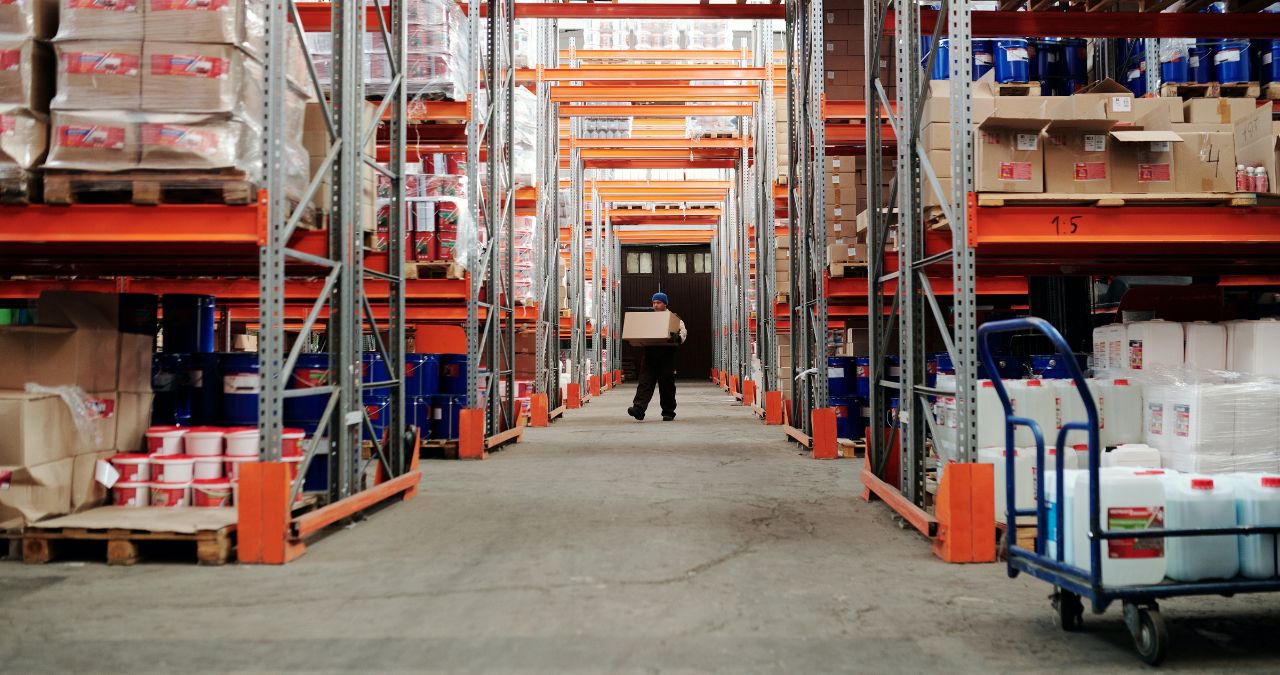
In the days of point-of-sale (POS) systems and online ordering, it’s tempting for new companies to add a thousand items to their stock list. Once customers buy what’s on your site, it makes sense to add to what’s available – but when does holding excess inventory become too much? What happens to your system when you have too much inventory on hand?
What is the Effect of Too Much Inventory?
Here’s what you should know about extra inventory, and why carrying excess inventory can lead to disaster.
What’s Too Much?
If you have ever seen an episode of Kitchen Nightmares where the Chef tells a restaurant why they cannot have 300 different things on the menu, then you are well aware of what it means to have excess stock.
“Too much” is anything more than the system, storage space, staff, or customers can handle.
If your system is past capacity but your company is understaffed, then you’ve hit troubled waters. What you do next could have a huge impact on your business.
Disadvantages of Excess Inventory
Inventory Management
When money is tied up in inventory and storage costs, the rest of your business can suffer greatly. Free cash flow allows businesses to navigate tough economic conditions and also scale their business more efficiently.
Inventory control measures and accurate customer demand forecasting models are integral components of a business’s supply chain.
Server Load
If your system contains a thousand items but your system is built for a hundred, you can expect an excess server load. Excess server space will be taken up by unnecessary listings, and limit your business instead of making it better.
An excess server load can double your site’s loading times and can sometimes crash the server -or limit how many visitors can smoothly see your website and their cart.
A Slower Customer
Having many choices can be helpful to consumers. However, too many choices in a buy-and-sell environment can lead to confusion and hurt sales. When there is an overwhelming amount of choice in front of your customers, their choices will be staggered – and their buys will be slower and more reluctant.
With a thousand different items to choose from, customers are going to get lost in a labyrinth rather than increase the number of things they want to purchase.
If you have an overwhelming inventory, you might just well be causing customers to walk away.
Issues Listing Items
Item listing is meant to be efficient. With too many new items loaded into your system, this efficient process can very easily break – or completely shatter.
If there are too many items listed in the inventory, customers and servers both have trouble keeping track of what there is (and is not).
For example, items that appear loaded to carts (but don’t), can be a consequence of overloading your inventory.
Heightened Error Risk
If your website looks as bad as the early days of MySpace, then you create more error potential than necessary for you and your customers. A heightened error risk is something every company should avoid. However, many companies accidentally introduce error risks with an overloaded inventory.
With too much to look at or consider, customers might choose the wrong item from hundreds – and they’re going to blame your system for it.
Sure Backlogged Support
If your system and staff can’t keep track of the vast library of items your site has or lists, then your support team will be just as surprised by it all. Backlogged support is the result of an inventory that has not been maintained, or that just contains too much.
Nebraska Warehouse One-Stop-Shop | Technology Enabled 3PL Value-Added Services Warehouse | Freight Broker | Logistics
Nebraska Warehouse doesn’t just help to facilitate your shipments, but we are truly a one-stop-shop solutions provider. Our services include:
-
- Professional Storage Development and Management
- Quality controlled Environment
- Responsive, Personal Customer Service
- Reasonable Price
- Real Estate Development and Management
- LTL & FTL Shipping
- Refrigerated Trucking & Storage
- E-Technology Software
- Transportation Freight
- Dedicated Contract Warehousing
- 3PL Public Warehousing
- 3PL Specifications
